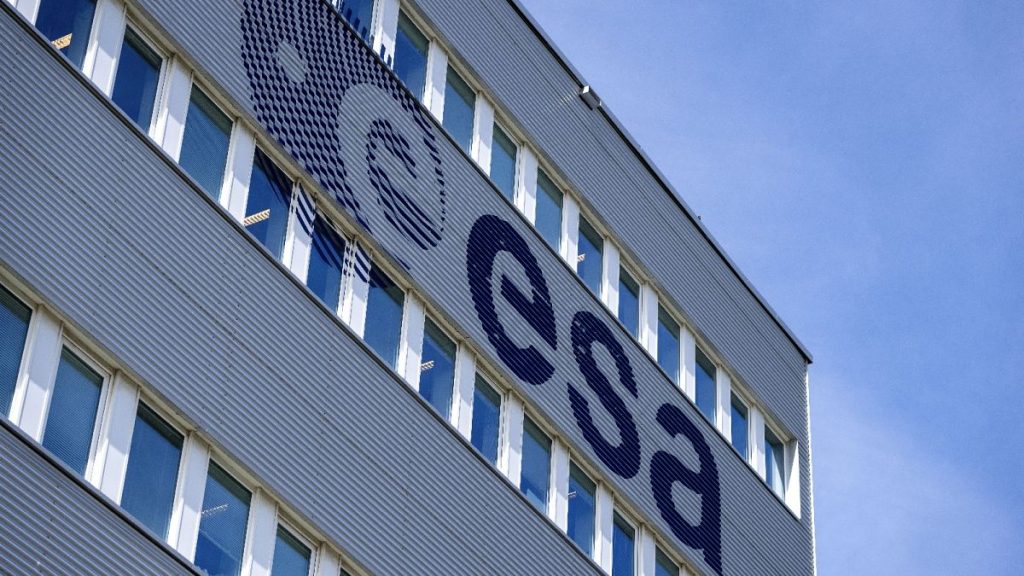The European Union has embarked on an ambitious endeavor to bolster its secure communication infrastructure through the development of IRIS², the Infrastructure for Resilience, Interconnectivity and Security by Satellite system. This multi-orbital constellation, slated for full operation by 2030, represents a paradigm shift in the EU’s approach to space-based communication, marking the first time its space program directly addresses member states’ defense needs. The project carries a substantial price tag of €11 billion, a testament to its scope and strategic importance. IRIS² aims to provide secure connectivity services for governmental authorities and EU member states, along with high-speed broadband access for businesses and citizens, particularly in underserved areas. This initiative is driven by growing concerns over cybersecurity threats and the potential disruption of existing communication networks, underscoring the need for a resilient and independent system.
The IRIS² constellation will comprise nearly 290 satellites distributed across multiple orbits, starting with launches in 2029. This multi-orbital architecture is a key element of the system’s design, allowing for enhanced coverage, resilience, and performance equivalent to a much larger number of satellites operating at a single altitude. Approximately 18 satellites will be positioned in mid-earth orbit (MEO) at around 8,000 km, while the majority, 264 satellites, will occupy low-earth orbit (LEO) at approximately 1,200 km. A further 10 satellites will operate at even lower altitudes, between 450 and 750 km. This layered approach, combined with three ground stations located in Luxembourg, France, and Italy, will enable seamless global coverage and efficient data repatriation to Europe.
The project is being undertaken through a collaborative effort involving the European Commission, the European Space Agency (ESA), and a consortium of private companies, namely SES SA, Eutelsat SA, and Hispasat S.A. The EU budget will contribute €6 billion, with €0.55 billion coming from ESA and €4.1 billion from private investments. The initial design phase is anticipated to last a year, followed by development and validation through 2028. The deployment phase will commence in 2029, utilizing up to 13 Ariane 6 launches, paving the way for service provision to begin in 2030. A bridging solution, GovSatcom, involving pooled satellite capacity from five member states (France, Italy, Luxembourg, Greece, and Spain), will provide interim services starting in 2027.
IRIS² is not solely an EU endeavor. Provisions have been made for third-country participation, offering two distinct avenues for involvement. Countries can opt to purchase specific commercial services or become full members, the latter requiring EU Council approval and a financial contribution but granting complete access to the system’s capabilities. Norway and Iceland have already received approval for full membership, and interest in commercial services has been expressed by countries such as Japan, South Korea, and Australia. Several African nations are also expected to participate in some capacity.
The development of IRIS² comes at a time of heightened geopolitical tension and increasing awareness of the vulnerabilities inherent in existing communication infrastructure. The project seeks to address these concerns by providing secure and reliable connectivity, even in contested environments. The ability to operate independently of external providers is seen as crucial for ensuring the EU’s strategic autonomy and resilience in the face of potential disruptions, whether from natural disasters, cyberattacks, or deliberate acts of sabotage. The project underscores the EU’s commitment to strengthening its defense capabilities and ensuring its continued access to critical communication services.
The multi-orbital design of IRIS² provides several key advantages. The combination of MEO and LEO satellites offers both broad coverage and high-bandwidth capacity. MEO satellites, due to their higher altitude, can cover wider areas with fewer satellites, while LEO satellites, closer to Earth, offer lower latency and higher data rates. This hybrid approach allows for optimized performance across various applications, from governmental communications and military operations to commercial broadband services and disaster relief efforts. The global coverage provided by the constellation ensures that the EU can maintain communication links even in remote or challenging environments, further enhancing its operational flexibility and responsiveness.










